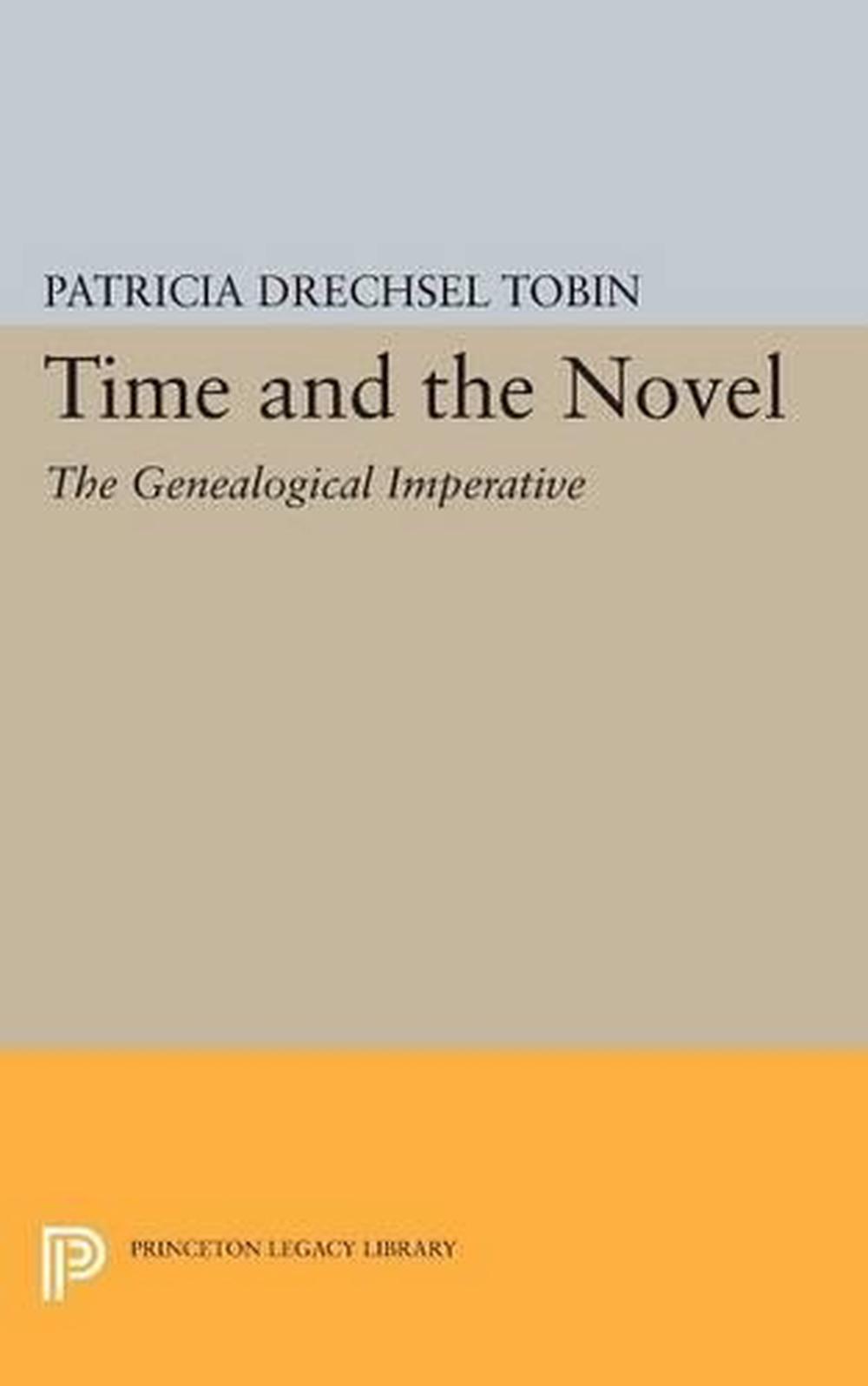
Time and the Novel
by Patricia Drechsel Tobin
Formalist criticism of the modern novel has concentrated on its spatial aspects. Patricia Tobin focuses, instead, on the modern novel's temporal structure. She notes that the "genealogical imperative" that dominated the nineteenth-century novel, in which one event gave birth to another, has broken down in the twentieth-century novels she studies. F
Paperback
English
Brand New
Publisher Description
Formalist criticism of the modern novel has concentrated on its spatial aspects. Patricia Tobin focuses, instead, on the modern novel's temporal structure. She notes that the "genealogical imperative" that dominated the nineteenth-century novel, in which one event gave birth to another, has broken down in the twentieth-century novels she studies. Further, she draws parallels between this collapse of linear narrative and the current challenge to linearity from many other areas of modern thought. Beginning with Mann's Buddenbrooks as a family chronicle novel that fully embodies the classical genealogical structure, the author extends her analysis to include distortions of the linear perspective in Lawrence's The Rainbow, Faulkner's Absalom, Absalom!, Nabokov's Ada, or Ardor, and Marquez's One Hundred Years of Solitude.She finds that in these novels about family relationships, the continuity of time, family, and story has dissolved so that past, present, and future have lost their distinctions; sins against the dynastic family are not only recognized but celebrated; and literary and existential meanings are suspended in unlikely juxtapositions, irrational metamorphoses, and proliferating possibilities. Professor Tobin suggests that the disappearance of the genealogical imperative in the contemporary world's sense of reality may account for much of what appears to be anonymous, peripheral, and excessive in post-modern fiction. Originally published in 1979. The Princeton Legacy Library uses the latest print-on-demand technology to again make available previously out-of-print books from the distinguished backlist of Princeton University Press. These editions preserve the original texts of these important books while presenting them in durable paperback and hardcover editions. The goal of the Princeton Legacy Library is to vastly increase access to the rich scholarly heritage found in the thousands of books published by Princeton University Press since its founding in 1905.
Table of Contents
*Frontmatter, pg. i*Contents, pg. vii*Preface, pg. ix*INTRODUCTION. Whence the Novel: The Genealogical Imperative, pg. 1*1. Subverting the Father: Some Nineteenth-Century Precursors, pg. 29*2. "Links in a Chain": Thomas Mann, Bnddenbrooks, pg. 54*3. The Cycle Dance: D. H. Lawrence, The Rainbow, pg. 81*4. "The Shadowy Attenuation of Time": William Faulkner, Absalom, Absalom!, pg. 107*5. "A Colored Spiral in a Ball of Glass": "Vladimir Nabokov, Ada, or Ardor: A Family Chronicle, pg. 133*6. "Everything Is Known": Gabriel Garcia Marquez, One Hundred Years of Solitude, pg. 164*CONCLUSION. Whither the Novel: The Wager on Surface, pg. 192*Notes, pg. 214*Index, pg. 231
Long Description
Formalist criticism of the modern novel has concentrated on its spatial aspects. Patricia Tobin focuses, instead, on the modern novel's temporal structure. She notes that the "genealogical imperative" that dominated the nineteenth-century novel, in which one event gave birth to another, has broken down in the twentieth-century novels she studies. Further, she draws parallels between this collapse of linear narrative and the current challenge to linearity from many other areas of modern thought. Beginning with Mann's Buddenbrooks as a family chronicle novel that fully embodies the classical genealogical structure, the author extends her analysis to include distortions of the linear perspective in Lawrence's The Rainbow, Faulkner's Absalom, Absalom!, Nabokov's Ada, or Ardor, and Marquez's One Hundred Years of Solitude.She finds that in these novels about family relationships, the continuity of time, family, and story has dissolved so that past, present, and future have lost their distinctions; sins against the dynastic family are not only recognized but celebrated; and literary and existential meanings are suspended in unlikely juxtapositions, irrational metamorphoses, and proliferating possibilities. Professor Tobin suggests that the disappearance of the genealogical imperative in the contemporary world's sense of reality may account for much of what appears to be anonymous, peripheral, and excessive in post-modern fiction. Originally published in 1979. The Princeton Legacy Library uses the latest print-on-demand technology to again make available previously out-of-print books from the distinguished backlist of Princeton University Press. These editions preserve the original texts of these important books while presenting them in durable paperback and hardcover editions. The goal of the Princeton Legacy Library is to vastly increase access to the rich scholarly heritage found in the thousands of books published by Princeton University Press since its founding in 1905.
Details

